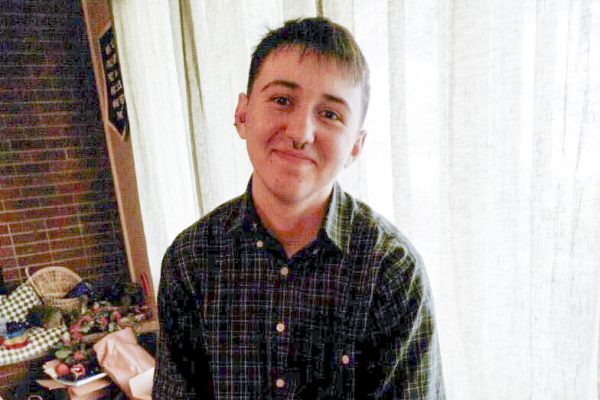Alumna appointed to President Obama’s faith-based advisory council
In the aftermath of the controversy surrounding changes made to Grace Memorial Chapel at Wichita State, the challenge of defining and recognizing the importance of the term “interfaith dialogue” has been a prominent issue on campus, and across the nation.
One influential Wichita State alumna may be able to help her alma mater work through the dispute, as giving insight into religious issues is a skill that she’s now been nationally recognized for.
Aziza Hasan was recently appointed by President Barack Obama to his Advisory Council on Faith-Based and Neighborhood Partnerships. She was selected, along with 17 other individuals, to work as a team to make recommendations to the president on how to best serve people in need. Hasan will serve a one-year term.
According to the White House website, the council is responsible for identifying problems in order to perfect social service programs, evaluating needs for improvement in public policies relating to faith-based and neighborhood organizations, and making recommendations to the administration for changes.
Hasan studied history during her time at WSU as a graduate student. As an undergraduate at Bethel College, she worked as a volunteer for AmeriCorps VISTA, a domestic version of the Peace Corps designed to fight poverty in America. She then went on to work at Interfaith Ministries in Wichita, and later co-founded NewGround in 2006, which is an organization to spur Muslim and Jewish partnerships to encourage interfaith dialogue.
Hasan left her position at Interfaith Ministries to move to California for her current position at NewGround.
In her new role, she will convene in subgroups with other members of the advisory council to complete research and discuss issues, and she will make periodic trips to Washington, D.C., to meet with the full council to develop their ideas.
“She will be good, and she deserves it. She’s already done a lot of good work,” said the Rev. Sam Muyskens, Executive Director of Interfaith Ministries and founder of Global Faith in Action. “She’s truly lived interfaith and she’s learned how to live a respectful presence. I don’t remember how long she worked for us, all I know is that it was a sad day when she left because she was such a marvelous woman.”
Hasan attributes her skills in interfaith work to is her upbringing. Her parents emphasized understanding multiple faiths and cultures.
“I’ve always been a person who’s had to navigate multiple worlds,” Hasan said.
Her mother is Christian, Caucasian and from the Midwest, Hasan said, while her father is a Palestinian Muslim.
“I had lots of layers of difference, even between my two parents,” Hasan said. “But, they proved over and over again that you can live your theology by loving and embracing the world around you … That’s the true test of faith. And that’s also the life that I chose to lead.”
Hasan said that she hopes her experiences in helping people see eye-to-eye will be beneficial to her future work on the advisory council.
“This appointment means the world to me because it’s a solid validation for the best, I think, of what people of faith can really offer,” Hasan said. “[What I’m hoping to do] is take faith and make it tangible and real, and affect peoples’ lives. This is an opportunity to focus on poverty because that’s really what the spottiest task is. It’s such a big topic that so much can be done on it, so I’m really looking forward to that opportunity.”
Hasan said the council, made up of prominent leaders from many different backgrounds with experience in faith issues, is mainly concerned with addressing poverty. The council, including Hasan, was sworn in at the White House earlier this month.
“We’re in turbo-research and discussion mode right now, so that we can talk through and debate things and come up with something solid,” Hasan said. “It’s really exciting because we actually get to make some recommendations that will go somewhere. I felt like I just clicked with all these people who are just remarkably accomplished from all different backgrounds.”
She said she is still in awe of her appointment by the U.S. president.
“I’m still in disbelief,” she said. “When I took the oath of office, it felt surreal on a completely different level. The goose bumps helped me remember that it was real and that it was happening.”
Even though the success she’s found in her many different roles has made her busy, Hasan said that she’s on cloud nine. And, as both a WSU alumna and an individual with great experience in interfaith dialogue, she provided her perspective on the recent interfaith issues at Wichita State.
“The biggest challenge that I’m hearing is that there are people who are really proud of the space the way that it [previously] existed; they probably had incredibly meaningful memories in that space, and they probably feel like that space is being taken away from them,” Hasan said. “So, more than anything, [the main point should be] to listen to that concern and see how that space can still operate in a way that is still meaningful for them.”
She said she wants to make sure campus has a safe place for students.
“Ultimately, there needs to be a space on the Wichita State campus where people, and I mean all people,” she said, “feel that they can come, be safe, reflect and meditate.”











